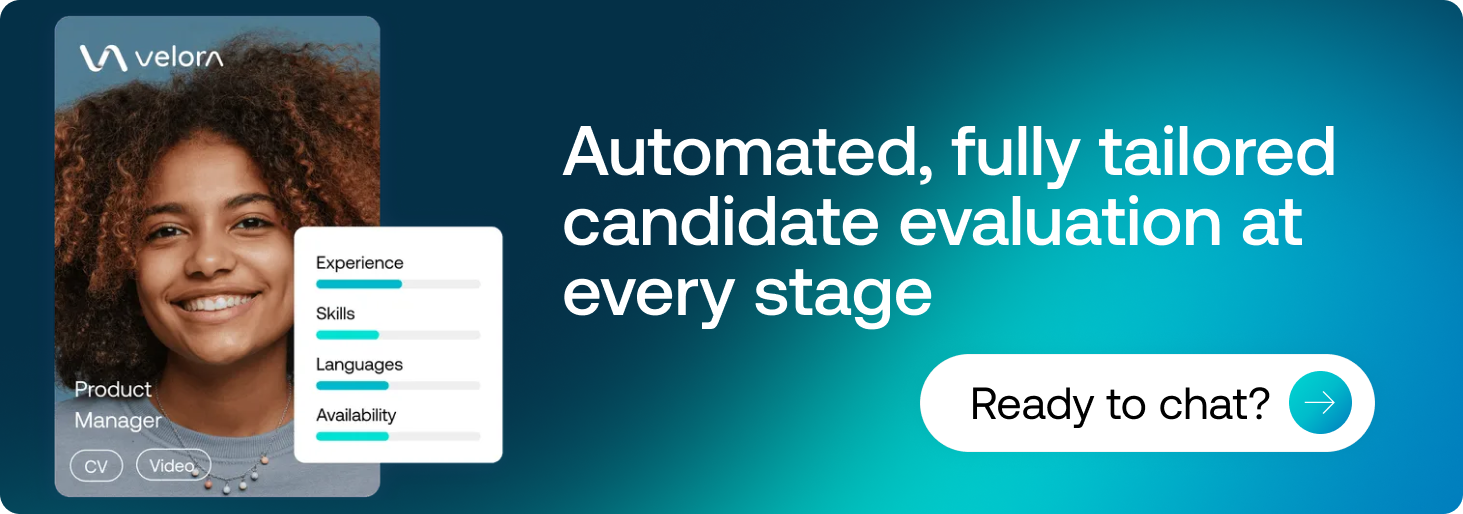Working with a younger boss

Prejudices about young people in management positions are due to a lack of knowledge about new technologies, ways of working and how we believe that these “new bosses” manage management.
What used to be almost unthinkable, such as having a boss 15 years younger, is now a reality. Digitalization and new work profiles encourage young professionals with technological skills to promote and lead teams with older employees.

This situation is already experienced by 2 out of 10 employees in our country. The generational change in management positions is encouraging more traditional entities to leave their comfort zone little by little.

Younger people are revolutionizing management departments with the desire to diversify, change work dynamics and introduce substantial transformations. However, this is not always well accepted by all employees. Their youth and less experience lead some people to consider that they do not have the necessary maturity to perform managerial functions.
Do you think you can take seriously a leader 15 years younger than you?
It will depend on your talent and ability, not your age. Just as we no longer question someone's worth based on their gender, skin color or cultural trait, this is what is called intergenerational coexistence.
It will be increasingly common, but there is a mental and cultural exercise that should be worked in companies.
Where do real problems usually occur? In organizations whose hierarchical structures are still very pyramidal, relationships are traditional, there is little flexibility and adaptability, and little employee mobility (they have been doing the same thing in the same position for “a thousand” years, etc.)
One solution would be to build work environments adapted to real demographics, contributing with our attitude to normalizing that what is important is professional worth, not our date of birth.
Looking for diversity, of course, but based on professionalism and talent.
Keys to Working with a Younger Boss
1. Good attitude
Keep in mind that once upon a time you were that young boss, full of ideas and new ways of doing things. It's important to listen carefully to what he has to say and respect the title and position. Try to see things in perspective and always keep a positive and open attitude.
2. Open Your Mind

Younger bosses may wonder if it's going to be difficult for you to report your opinion to someone their age. They worry that you're fixed-minded, that you're not willing to try new ways of doing things, or that you're not up to date technologically. Show them that they don't need to worry.
3. Focus on what you have to offer
Consider your experience as an asset and that you're ready to do the job. For example, your maturity and experience help you resolve problems faster. Volunteer to guide younger workers or receive guidance from younger colleagues in areas where your boss may show some concern for your skills.
4. Find a positive aspect
The enthusiasm that a younger boss brings to work can be contagious. Absorb it.
Be positive, in any relationship, misunderstandings can arise between generations, but being open to new learning, asking questions when something goes wrong and wanting to work creating a good environment helps a lot.
5. Get ready for less face-to-face contact
For many bosses, the time you spend in the office isn't as vital as the results you produce. Working remotely tends to be a big plus, with no empty hours in transportation and the convenience of not leaving home.
Meetings are more likely to take place online. Familiarize yourself with web applications such as Google Meet, Zoom...

Generational Differences in Leadership Style
Communication
Young professionals in leadership positions rely on digital tools to promote communication between their work teams and, on the other hand, they take the time to explain the operation of the processes and each part of a project, instead of just giving guidelines to meet the objectives.
Motivation and purpose

Everything indicates that young professionals prioritize working with organizations that reflect their own values, even over compensation or remuneration. Its purpose is to transform the work culture in organizations.
In addition, one of the main motivations for this generational group is the passion for what they do.
In other words, as leaders or bosses, Millennials focus on promoting a series of values and building work environments in which teams can achieve growth opportunities and are passionate about what they do.
Diversity, Equity, and Inclusion
These professionals see that diversity brings new perspectives.
As leaders, they value the plurality of voices and strive to build teams with diverse backgrounds and backgrounds and to transform certain policies and practices to create more tolerant work environments for all people.
Feedback
For Millennials, feedback is essential to achieve the objectives of each team and the organization. They are more inclined than other generations to give and receive regular performance feedback.
Transformation
As a last characteristic, the leadership style of younger professionals tends to be more transformative.
Millennial leaders focus on motivating and inspiring teams to achieve success through innovation and real change within organizations.
This creates a sense of autonomy among the people on the team, since everyone knows the role they play in the success of the organization and in their own professional development.

.jpg)
Fulfill your selection purposes
Recruiter, fulfill your recruitment purposes in 2026 with the help of Velora. And as a gift, a free year on automatic document request.

Related articles
More articles to inspire your HR strategy









